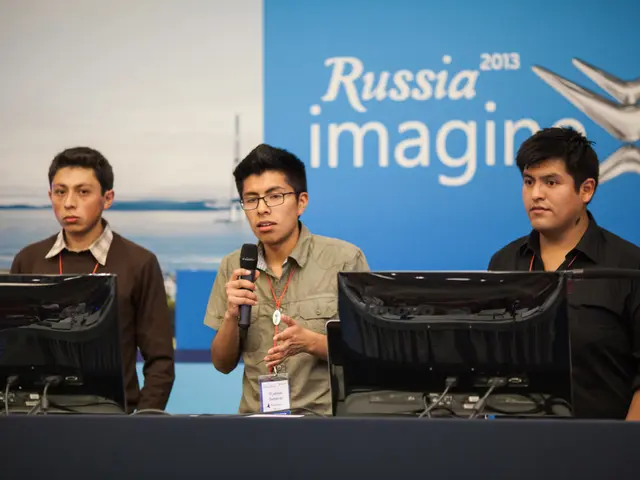Soaring Sales of Electric Vehicles Coincide with Dropping Stock Prices
The demand for low-carbon aluminium is on the rise, and a Norwegian aluminium producer is well-positioned to capitalise on this trend. Meanwhile, the electric vehicle (EV) industry, despite experiencing a temporary slowdown, continues to present compelling investment opportunities. These opportunities lie primarily in batteries, power semiconductors, and raw materials such as lithium and aluminium, shaped by geopolitical trends, policy incentives, and supply chain shifts.
Batteries: Focus on the U.S. and South Korea
U.S. and South Korean sectors are attracting significant capital as efforts continue to reduce reliance on China, which still dominates battery pack assembly (70%), anode production (91%), and critical mineral supply (cobalt, lithium, graphite). The Inflation Reduction Act (IRA) in the U.S. has been pivotal, offering generous production and tax credits that favor factories using domestically sourced materials and assembly. This has led to rapid growth in supply chain jobs and facilities, though some provisions were repealed as of mid-2025.
Power Semiconductors: The CHIPS Act Boost
The CHIPS and Science Act provides $52 billion in incentives, enabling over 50 new chip production facilities and $400 billion in private investment. These chips are vital for battery management systems, power electronics, and smart EV functions, making semiconductor fabs and packaging capacity key investment areas within the EV supply chain.
Raw Materials: Opportunities Beyond China
Chinese dominance in lithium and battery-grade graphite remains considerable, but new mining and refining projects outside China are gaining momentum. For example, Indonesia—with the world’s largest nickel reserves, essential for EV batteries—is developing a nearly $6 billion China-backed battery megaproject covering nickel mining to battery production and recycling. This joint venture reflects strategic growth opportunities in upstream raw material supply chains outside China.
Strategic Materials Supply Companies
Investors should consider strategic materials supply companies positioned to benefit from global supply realignments, policy incentives, and increasing demand for locally sourced and recycled materials. Market volatility, including nickel oversupply and tariffs on graphite, presents challenges, but efforts to onshore production and improve supply chain resilience in North America and allied countries create differentiated opportunities.
Aluminium, while less specifically detailed in these results, is generally included among metals increasingly scrutinised for sustainable sourcing and supply security within EV manufacturing.
As we move forward, investors should monitor policy developments, especially related to tax credits and tariffs, and geopolitical shifts influencing supply chain diversification away from dominant Chinese control. The market may be pricing lithium too conservatively, assuming persistently low prices, which could create future supply shortages if demand rebounds. Lower valuations and reset expectations present an appealing entry point, especially across the EV supply chain. Chinese battery makers lead on scale and cost, but there are compelling alternatives, such as a major South Korean battery manufacturer with a competitive edge in chemistry, manufacturing, and integration.
Science plays a crucial role in the advancement of environmental-science, specifically in addressing climate-change. With the rise in demand for low-carbon aluminium, technological innovations are essential to optimize its production.
The CHIPS and Science Act offers significant financial incentives for investing in power semiconductors, vital components in battery management systems, EV functions, and other power electronics. This act could attract over $400 billion in private investment and enable over 50 new chip production facilities.
As the EV industry grows, investing in raw materials supply companies beyond China presents strategic opportunities. For instance, Indonesia's battery megaproject, backed by China, signifies growth in upstream raw material supply chains outside China, particularly in the production of nickel, crucial for EV batteries.




